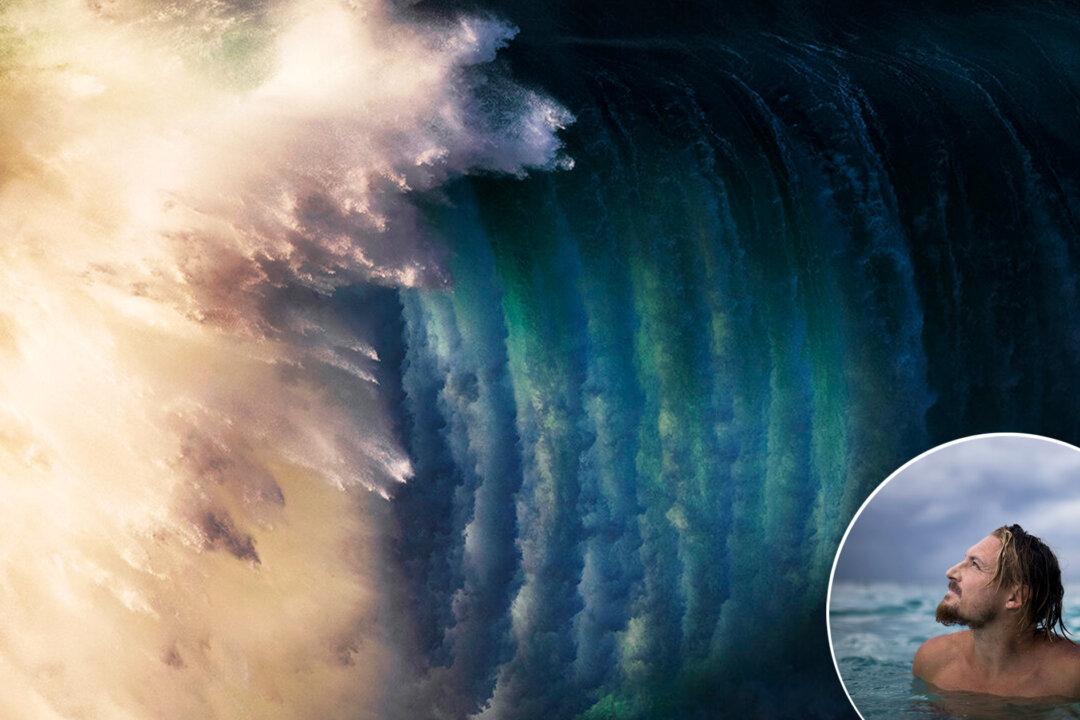These jaw-dropping images of ocean waves reveal the true majesty of nature. But behind the glorious shots is a human story of suffering transformed into joy, told by none other than the genius who took them, ocean photographer Ray Collins.
“The ocean is all I’ve ever known. I learned many of life’s lessons from the sea—lessons of patience, humility, respect, and how to ‘go with the flow,’“ Collins, from Thirroul in New South Wales, Australia, told The Epoch Times. ”We only get one shot at this beautiful gift of life, so don’t keep putting it off. Change is hard, but if it is for self improvement, it’s always worth it.”






